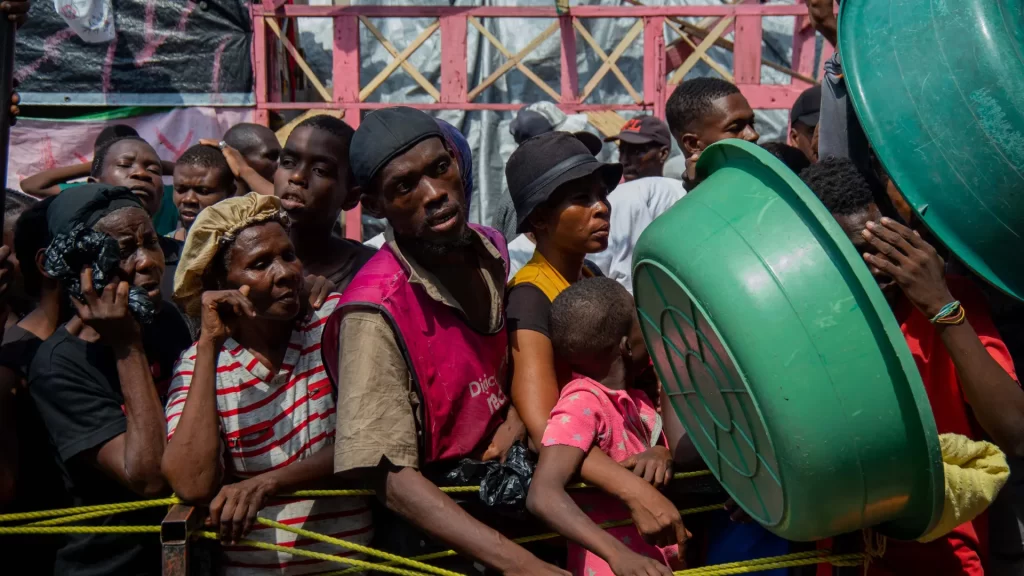Haiti’s humanitarian crisis has reached unprecedented levels, with more than 1.3 million people displaced by gang violence across the country. Entire families are living in makeshift camps, many lacking food, clean water, or basic healthcare. The crisis is so severe that aid workers are describing it as one of the largest internal displacements in the Western Hemisphere in recent decades.
Children are among the most vulnerable. Reports indicate that armed groups are recruiting minors, exposing them to violence and exploitation. Women face heightened risks of sexual violence, particularly in displacement camps where security is minimal. Food shortages are worsening, with farmers unable to access their land and supply chains disrupted by insecurity. The result is a nation teetering on the brink of famine while also dealing with widespread trauma.
International organizations, including the United Nations, continue to press for more funding and urgent action. But humanitarian convoys are often delayed or attacked en route, leaving communities isolated. For many Haitians, displacement is not temporary — it is a long-term reality, forcing them to abandon not just homes but entire ways of life. The human cost of this crisis continues to rise, and without stability, millions remain trapped in a cycle of violence, poverty, and despair.

